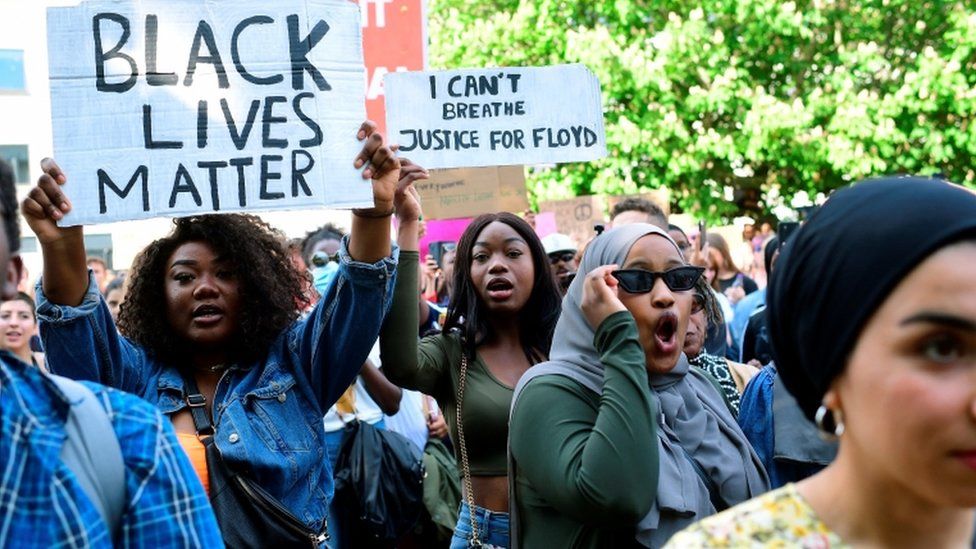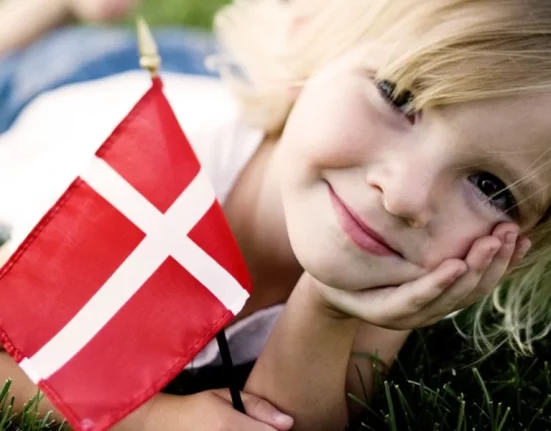Denmark has a multiethnic, multireligious, and cultural origin like almost all of its European neighbours.
The worst outcome of each of these policies is explicit and deliberate racism directed at the immigrant community, Most of whom are inhabitants of the state.
Inger Stjberg, Denmark’s previous foreign secretary, was just convicted and sentenced to 60 days in prison over breaking article 8 of the European Human Rights Act by a military tribunal.
According to the special court’s ruling, she was tried and convicted of improperly dividing multiple pairs of asylum applicants, most of whom had children.
Article 8 of the International Covenant on Human Rights safeguards persons in situations relating to their right to privacy and family life from excessive and unwarranted official involvement.
A disciplinary hearing, consisting of 13 Supreme Court justices and 13 justices selected by cabinet ministers, was established to hear the expulsion case.
An absolute majority of judges, 25 from out 26, ruled Inger Stjberg guilty of breaking both the European Convention on Human Rights and a Danish cabinet transparency legislation in the final judgment handed down to her.
Today, discrimination is so pervasive in Denmark that it is undoubtedly no longer simply a warm nation renowned for its Danish pastries and cupcakes but also its discriminating legislation.
The country is becoming recognized for its extensive and openly racist practices, and the world media is finally picking up on it.
The foreign press must watch how racism in everyday life leads to organized and systematic prejudice against persons who are not considered members of the nation’s homogenous tribes.
This discrimination may not directly impact ex-pats who work in multinational firms that recruit them based on their talents and abilities.
However, they face prejudice when parents allow their kids to Danish preschools or colleges rather than overseas private institutions.
Non-Danish teachers make up a small percentage of the teaching staff in Danish schools. Instead of relying on instructors from non-western backgrounds, the Danish school systems, which tax-paying citizens support, often use white illiterate staff employees as teaching assistants.
Principals, frequently white, are probably apprehensive of how parents and employees would respond if they refuse to hire individuals of other ethnic backgrounds to promote a work climate that represents variety rather than cultural homogeneity.
The number of children from non-western backgrounds in Danish school systems is growing every year, although the mix of instructors has remained relatively the same.
The country’s press is led and controlled by white Danes. They are already hesitant to bring a new pool of candidates that can undoubtedly inspire copycats to be more engaging and varied for everyone.
The news media is barren of positive news concerning migrants but leaps in with titillating stories if a foreigner or a gang of immigrants commits a crime.
Denmark may have reached equality between the sexes and has a female leader, but it still has a bit of a way to go before it intends to curb the country’s endemic prejudice.
It is now quite reasonable to inquire if Denmark has lawmakers, police officers, physicians, engineers, teachers, and medical team people from various ethnic backgrounds.








